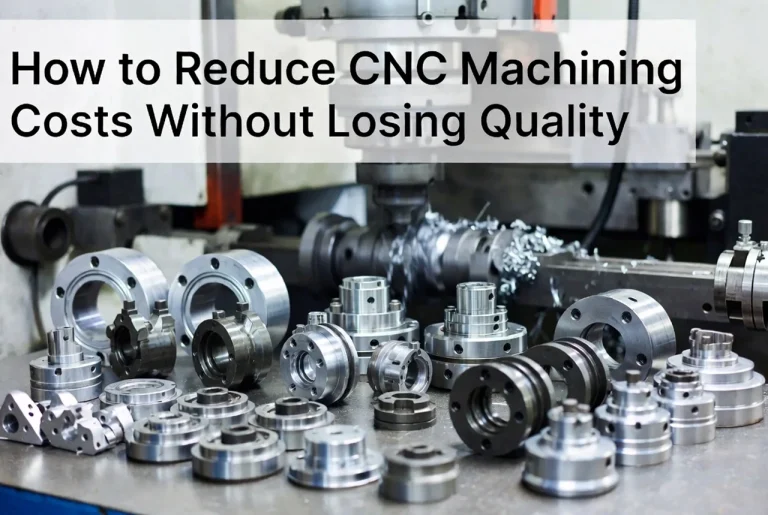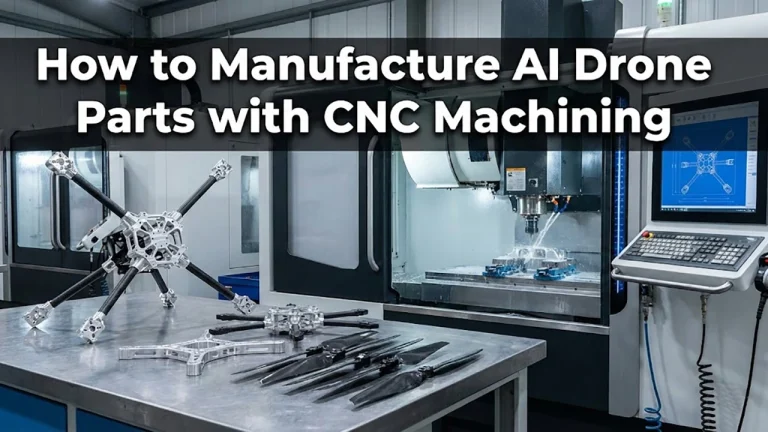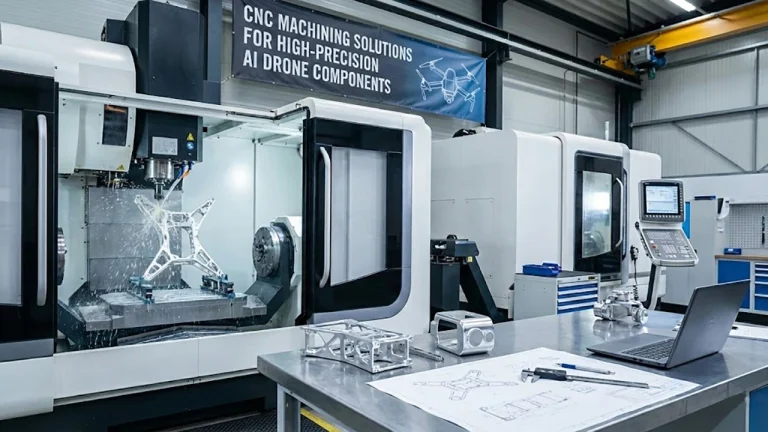Source accurate, fine-detailed parts
Get custom SLA 3D printed prototypes and production parts from as fast as 2 days.
- All uploads are secure and confidential
Certifications
ISO 9001:2015 | ISO 13485:2016 | IATF16949
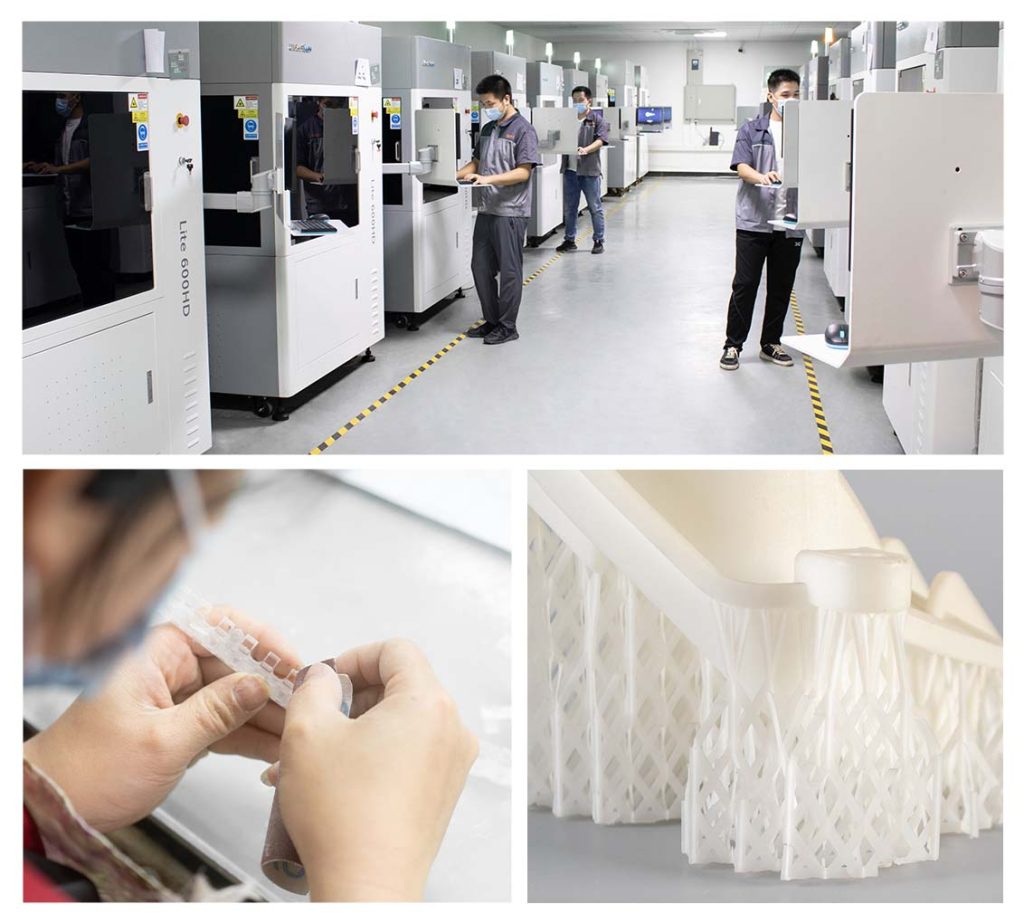
- Lead times from 2 days
- ISO and IATF certified
- From 1 to 10,000+ parts
- 30+ industrial SLA printers available
- FREE instant quotations
Our SLA 3D Printing Services
Stereolithography or SLA is a resin-based 3D printing technology that produces highly accurate, high resolutions parts with an excellent smooth finish. The combination of high speed, low-cost per part and well-established materials makes stereolithography an ideal choice for prototypes and low volume production.
Source accurate to CAD and fine-detailed parts with Boona-Prototypes Rapid’s SLA 3D printing service.
| Our Capabilities | Industrial SLA |
|---|---|
| Maximum Build Size | 800 x 800 x 550 mm (31.5″ x 31.5″ x 21.6″) |
| Lead Time | 2-3 days |
| Resolution | ± 0.2mm |
| Prototyping Applications | High aesthetic and accurate to CAD prototypes |
| End-Use Applications | Low-volume, fine detailed parts |

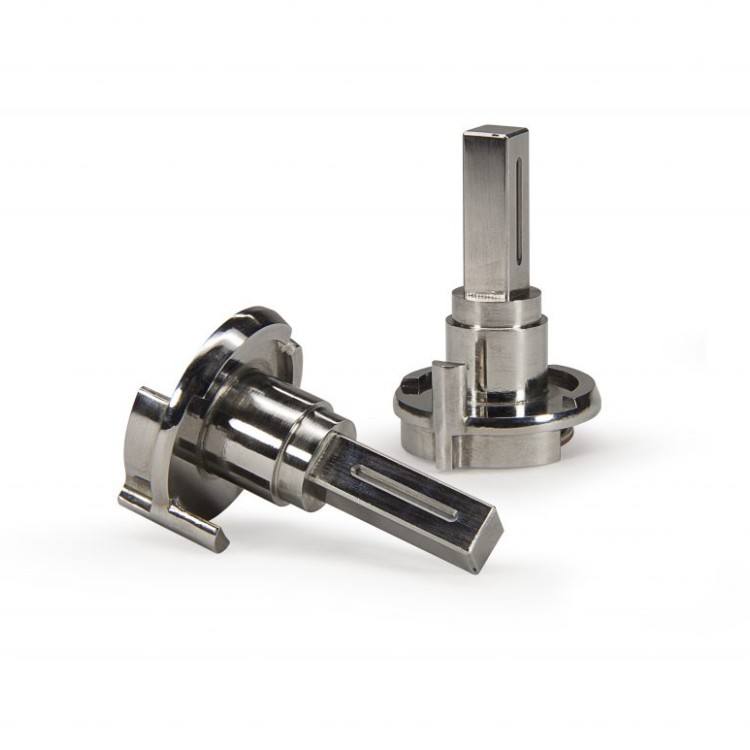
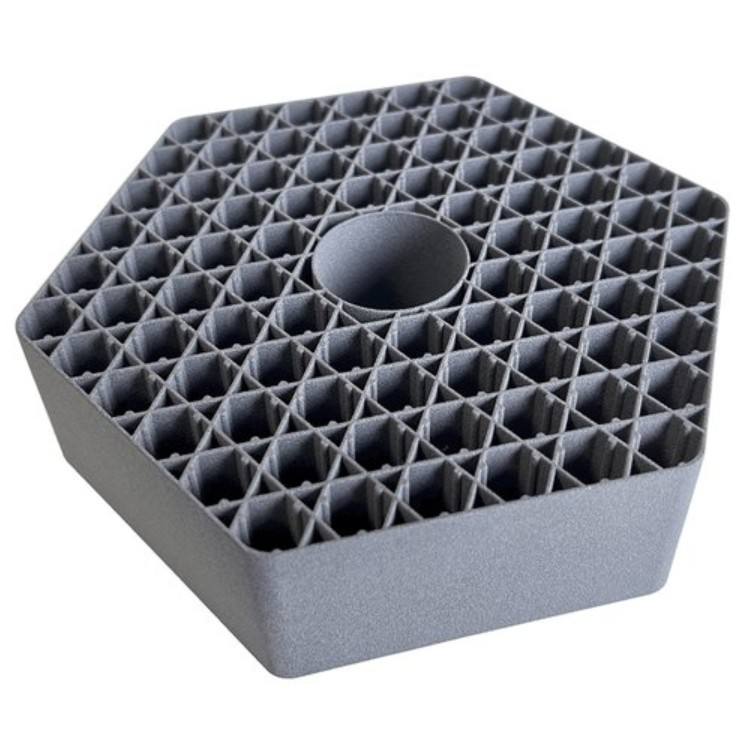
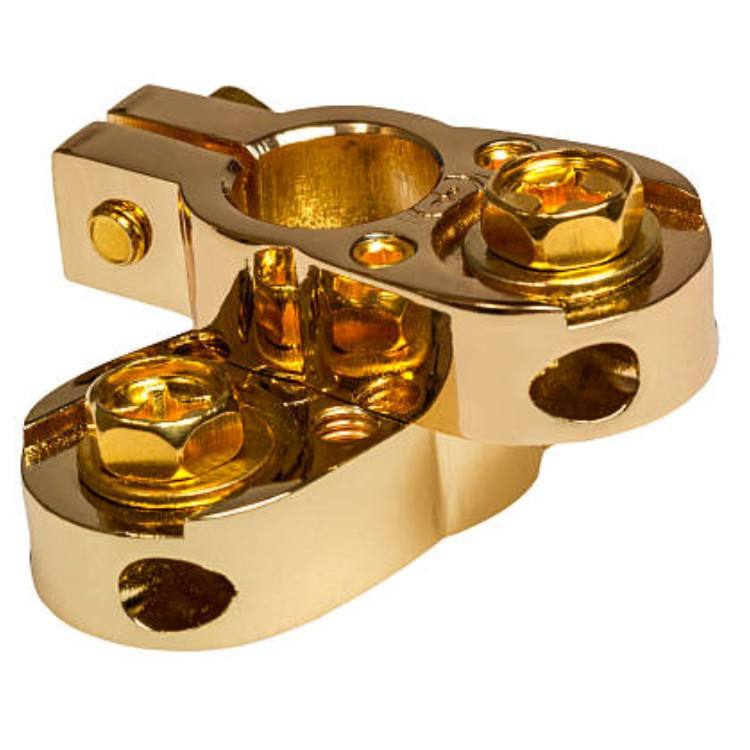
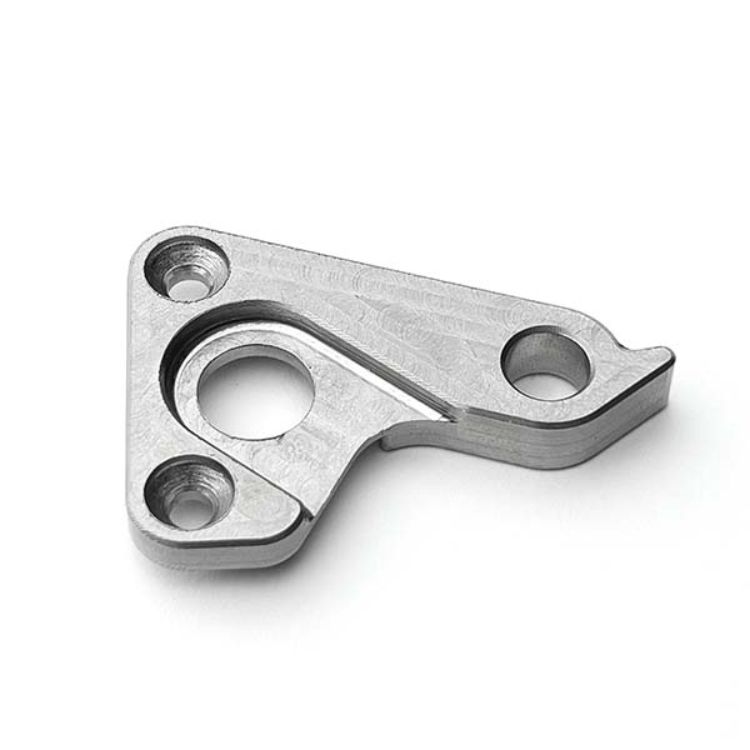
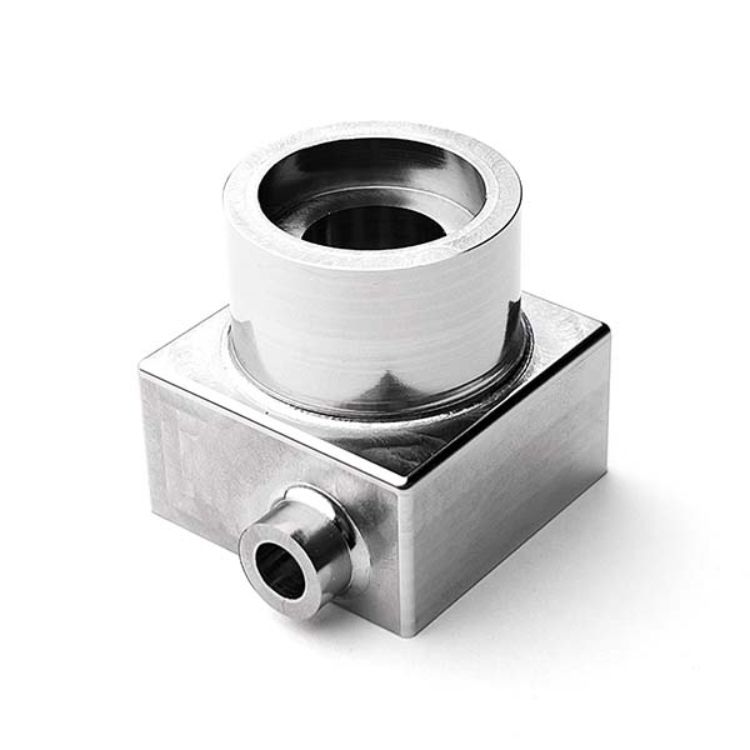
SLA Materials
High Temp Resin
We offer high-temp resin options. They are designed to be used in high-temperature scenarios such as ducting, molding, and for prototyping applications in the automotive and aerospace industries
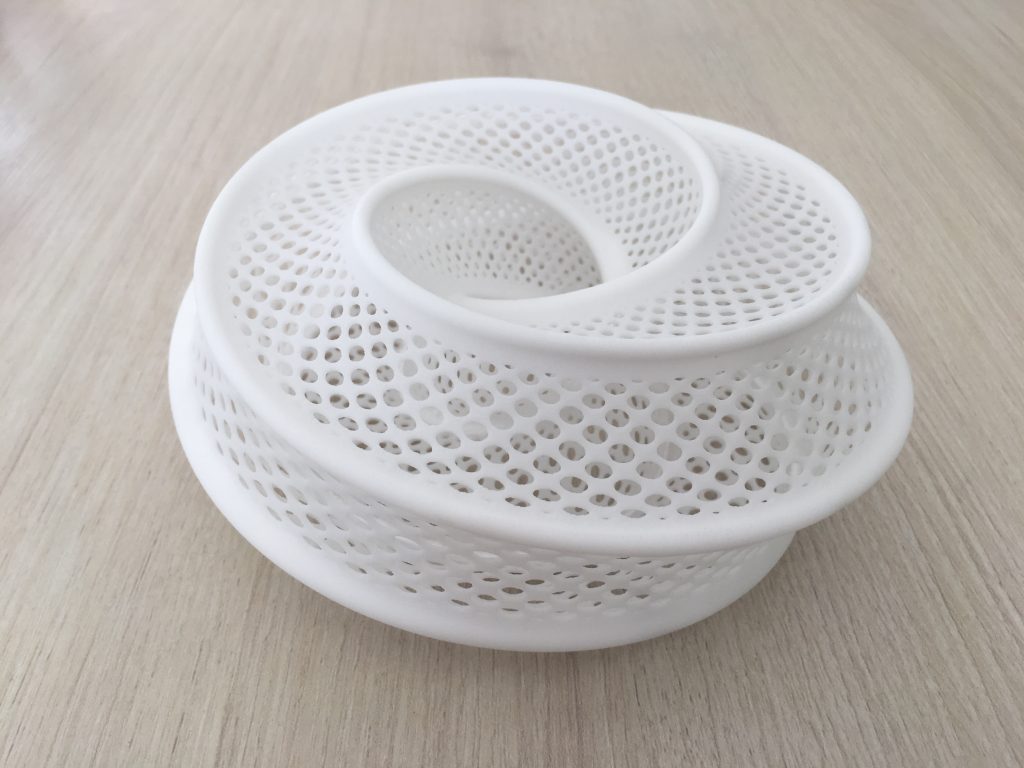
Rigid Resin
Copper is an excellent material for sheet metal fabrication. It is malleable, ductile, and an extremely good conductor of both heat and electricity. It is commonly used for electrical equipment such as wiring and motors.

Nylon-Like Resin
Taurus is a nylon-like SLA material that offers the look and feel of an injection moulded part. It has strong mechanical properties and is ideal for outdoor applications, casings and some functional prototypes.

Transparent Resin
At Boona-Prototypes, we can 3D print high aesthetic transparent parts. Transparent SLA resins are generally stiff. Because of the structure required to support your model during printing, freedom of design is limited.

Generic Resin
C-UV 9400 is an ABS-like SLA resin which has accurate and durable features. It can be applied in master patterns, concept models, general parts and prototypes in the field of automotive, medical and consumer electronics industries.

High Toughness Resin
As the name suggests, high toughness resins are hard to break. Such SLA resins are extremely stiff, resistant to cyclic loads, and very strong, designed to withstand high stress or strain for short periods of time. High toughness SL resins can be applied in some functional applications.

- We provide a quotation of 100+materials so that you can better compare and choose suitable materials.
Get a quote / Get in touch
Please use the following formats:
.stl, .obj, .wrl, .step (.stp), .iges (.igs), .3mf, .dxf and .zip
100mb max file size (per file)
If you have a file type not listed, please contact us to discuss first.
- Mobile: +86 136 9212 5585
- WhatsApp: +86 136 9212 5585
- Email: [email protected]
Typical SLA Finishing Options
Whether it’s metal or plastic CNC parts. When cooperating with BOONA, we guarantee that all parts will be manufactured according to your specifications.
| Applicable Materials | Colour | Description | |
|---|---|---|---|
| Sanding | All | – | Sanding SLA printed parts is often the best way of smoothing edges, removing blemishes, and getting rid of any leftover support marks. |
| Spray Painting | All | Black, Pantone/RAL colours | Spray painting is a quick way to colour parts. It can also reach areas that cannot be reached with a brush. |
| Plating | ABS | Metallic | Plating is method of adding a thin layer of metal of the outer layer of a material. It is used to harden, decorate and improve wearability of parts. |
About The Process
SLA 3D printing builds parts one layer at a time using a highly accurate UV laser to solidify one layer of photosensitive resin, which makes the parts accurate and in good surface. The parts need to be built with support structures which are removed during post process. View the full overview of Stereolithography.Lorem ipsum dolor sit amet, consectetur adipiscing elit. Ut elit tellus, luctus nec ullamcorper mattis, pulvinar dapibus leo.
Design For SLA
To achieve better part quality and end results, it is important that you design your part for the process. Learn how to design overhangs. assembly parts and more in our SLA 3D printing design guide.
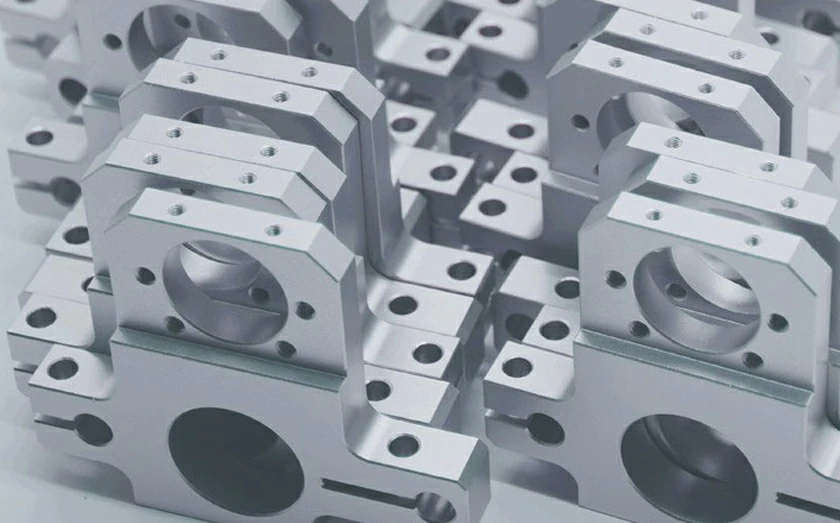
Advantages of SLA 3D Printing
Wide Range of Materials – stereolithography offers a vast material selection with a range of properties.
Finest Detailing – SLA is one of the best 3D printing technologies for creating very accurate and finely detailed parts.
Rapid Turnaround – Because SLA can create complex and multi-material parts in a single operation, significantly less build time is needed vs. traditional manufacturing.
Smooth Finish – SLA creates parts with an excellent finish which remarkably resembles end use items like injection moulded parts.
Disadvantages of SLA 3D Printing
Generally Brittle – SLA parts are generally brittle and not suitable for many functional applications.
Degradation Over Time – Due to the photosensitive nature of SLA resins, SLA parts will experience degradation over time when exposed to sunlight.
Requires Support Structures – SLA prints always require support structures, which must be removed in the post-processing stage.
SLA FAQs
Stereolithography or SLA 3D printing is the most common resin 3D printing process. It has become very popular over the years due to its ability to produce highly accurate and watertight prototypes and end-use parts in a range of materials with fine features and smooth surfaces.
SLA (or stereolithography) is a plastic 3D printing process that uses light-reactive thermoset materials called “resin.” The process offers a wide range of plastic material options that are often categorized by different material properties, including:
- generic resin
- transparent resin
- high temp resin
- rigid resin
- high toughness resin
The many advantages of SLA 3D printing have made it a choice for many applications across different industrial sectors for many years, including:
- automotive
- consumer goods
- gaming
- robotics
- medical
- jewellery
SLA 3D printers use UV lasers to trace out the cross-sections of the model and form a object. This process creates a very high resolution, detailed printout, but it requires a longer print time. On the other hand, FDM (fused deposition modeling) creates parts additively using a filament. The process results in a lower quality printout, but they can do so faster.
Essential CNC Machining Resources for Engineers
Latest news, trends and manufacturing design tips for precision cnc machining.
